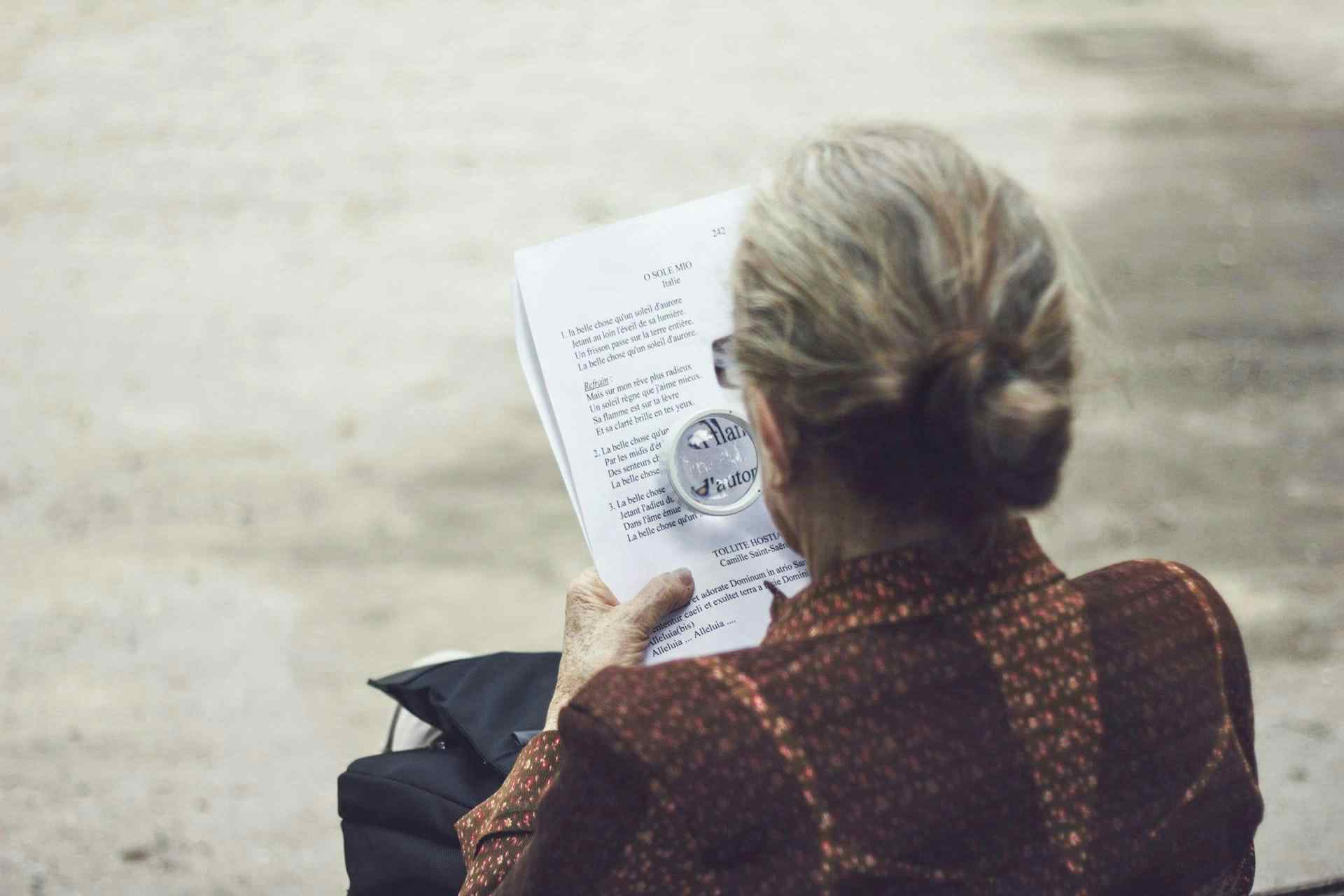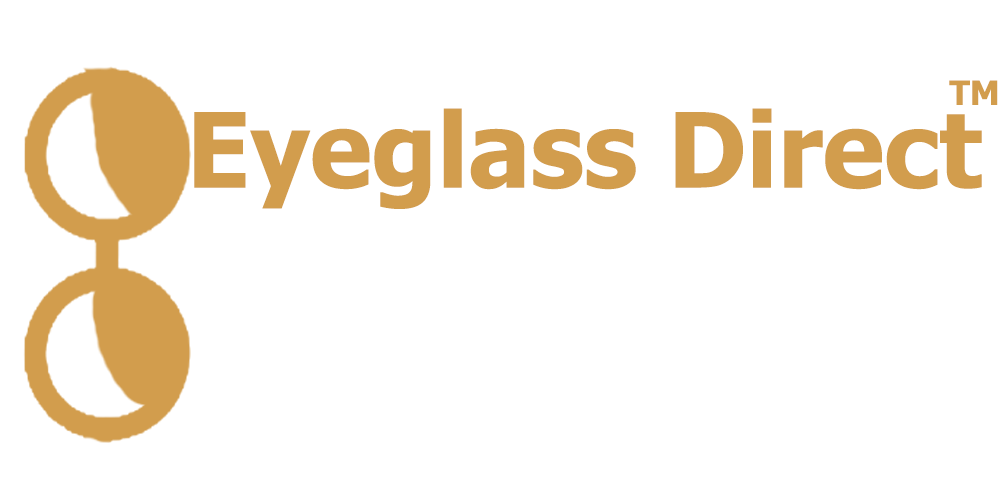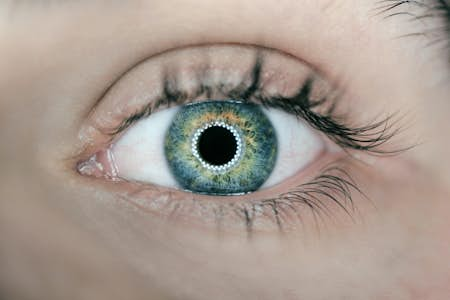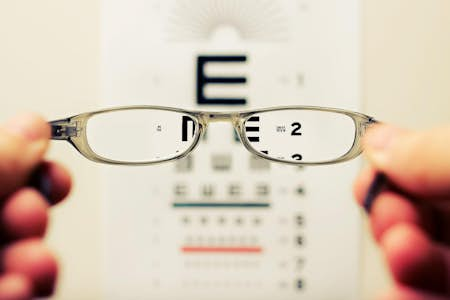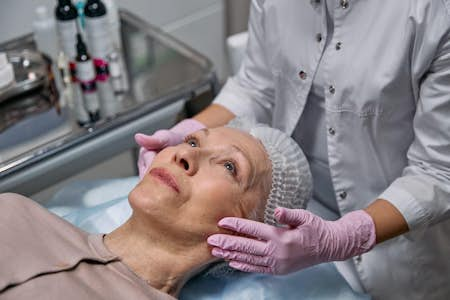Our eyes age like other parts of our bodies, just as our hearing can decline in later life, and joints can become stiff and arthritic. There are also age-related eye diseases and eye conditions which can be managed and sometimes even prevented with regular eye exams and checkups to maintain good eye health.
Eye diseases and conditions in older people
Age-related macular degeneration
Age-related macular degeneration, or AMD, is one of the most common causes of vision loss in older people. There are two types of AMD: 'wet' and 'dry'.
The macula is a small structure near the middle of the retina. Ageing damages the macula, the part of the eye that controls sharp, straight-ahead, or central vision.
The first signs of AMD may be blurring or an inability to focus and make out particular objects. AMD doesn’t cause total blindness or vision loss, but it can make it harder to see faces, read, or drive, which can seriously impact your quality of life.
There is no cure for age-related macular degeneration, but treatment options exist. One of the most common is anti-angiogenic drugs, which can be injected into the eyes. This medication blocks the leaking from abnormal vessels that creates wet macular degeneration. These injections are usually repeated as part of a course and can restore some lost vision.
Low vision aids can help magnify objects and text to make everyday life easier for those with AMD.
Cataracts
Cataracts are cloudy areas in the lens of the eye. Cataracts can cause blurred vision, glare and difficulty reading. Regular eye checks are essential as cataracts progress slowly and can be overlooked and attributed to simple vision problems or changes.
Cataracts can be treated with surgery if they present a serious problem and prevent you from driving, for instance. The lens in the affected eye is removed and replaced with an artificial plastic lens. Cataract surgery has an excellent success rate.
Glaucoma
Glaucoma is caused by unusually high pressure in the eye. This may not create vision problems until the condition is quite advanced, which is why regular eye care with an optometrist or ophthalmologist is essential.
The pressure in the eyes can be checked during your eye exam and as part of the routine assessment to pick up any eye problems. Unfortunately, glaucoma cannot be reversed, but we can slow the condition's progression by using eye drops administered twice a day. In more advanced cases, laser surgery may be available.
Retinopathy
Retinopathy is one of the complications of diabetes mellitus. High sugar levels cause damage to the tiny blood vessels in the eye, which leak and then swell, impeding blood flow. It can also prevent the formation of new blood vessels.
Retinopathy symptoms include blurred vision, floating spots or dark areas in the visual field. This can result in actual vision loss. Controlling diabetes and blood sugar levels through lifestyle changes or medication can halt vision loss in its tracks. However, for some people, this is not possible, so your ophthalmologist may recommend specific medications or even laser surgery to delay the progress of this condition.
Dry eye
Dry eye is self-explanatory and involves loss of the natural lubrication that the eyes require. This is not to be confused with tears, and people with dry eye may find their eyes water more to compensate. Tears are comprised mainly of water and don't provide the necessary lubrication to coat the eye for optimal eye health.
Dry eye is characterised by an uncomfortable, gritty feeling, redness and itching. Sufferers can also exhibit sensitivity to light. Your optician can recommend artificial drops to ease dry eye, often called 'false tears,' and there are surgical procedures for more advanced cases. However, it is essential not to succumb to temptation and rub your eyes as this can cause tiny debris to lodge in the eye, which can create a stye in your eyelid or an eye infection.
Presbyopia
Presbyopia is the inability of the eye to focus on close-up objects or read small print. This is typical of ageing. Presbyopia can cause eyestrain and even headache after reading or doing paperwork. Presbyopia can be remedied by non-prescription or prescription glasses or even through surgery.
Maintaining good eye health in later life
Good eye care is essential in later years as some eye conditions and diseases do not present with vision problems or changes and may remain undetected, causing irreversible damage. Finding and treating problems early can help to protect your vision and prevent sight loss. As well as attending regular eye tests and checkups, you can look after your eyes at home.
Optometrist Director Andrew Scott told Health Times: "The causes of sight loss are many and varied and often extremely complicated, but the good news is that 80% of sight loss is completely preventable. This can only happen if it is diagnosed correctly and the optometrist is the first place to go for an accurate diagnosis. I would always seek to upgrade the quality of my consultation to include the very latest scanning technology; it often makes the diagnosis more accurate."
Protect your eyes
Protect your eyes from sunlight using appropriate eyewear like sunglasses and wraparound sunglasses. Ultraviolet radiation can affect your vision and harm your eyes. You should also protect your eyes from the wind, which can dry the eyes or lodge tiny particles of dust and debris in the eye, causing redness and irritation.
Use good lighting for close work like reading, sewing, studying or paperwork when indoors. There are special desk lamps called high-performance or high-definition task lights. You can also use a magnification aid instead of or in addition to specialist lighting, or you may have dedicated eyewear for specific tasks.
Look after your eyes as part of your daily routine so if you suffer from dry eye, make sure you keep the eyes well lubricated and refreshed.
Regular eye exams
When you go for your eye test, your optometrist won't just check your vision and change the lens prescription for your glasses or contact lenses. They will also assess your eye health and look for eye conditions and problems.
A dilated eye exam is recommended every year or two for people over 60. In addition, if you have diabetes or high blood pressure, you should have a dilated eye exam annually.
Your eye care professional or optician will put eye drops in the eye to widen or dilate the pupils. This allows them to get a better view inside the eye to look for changes or deterioration.

